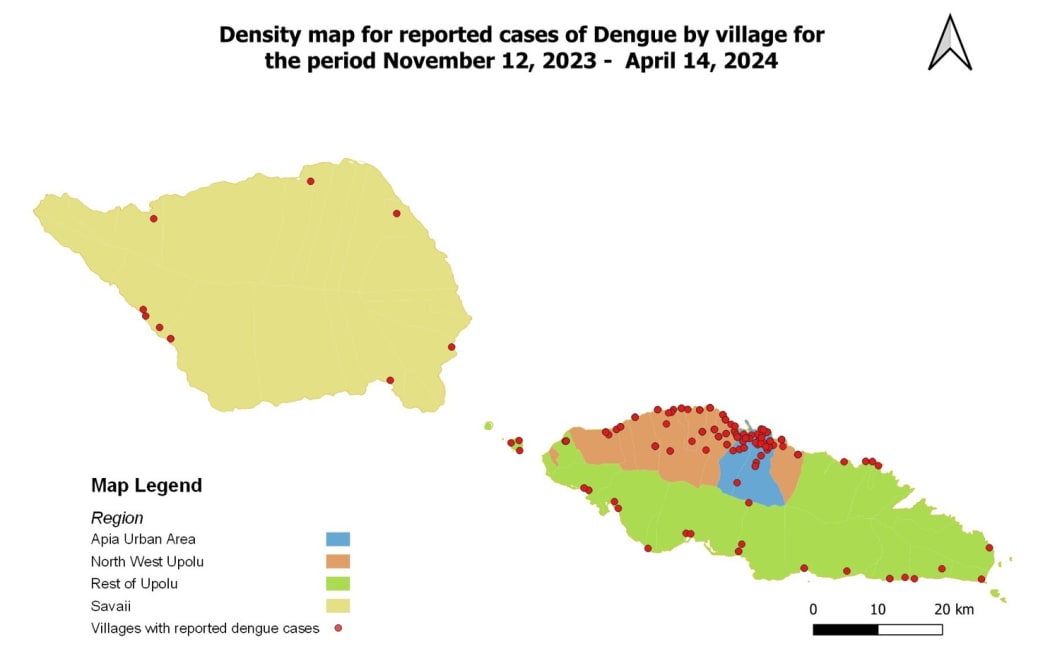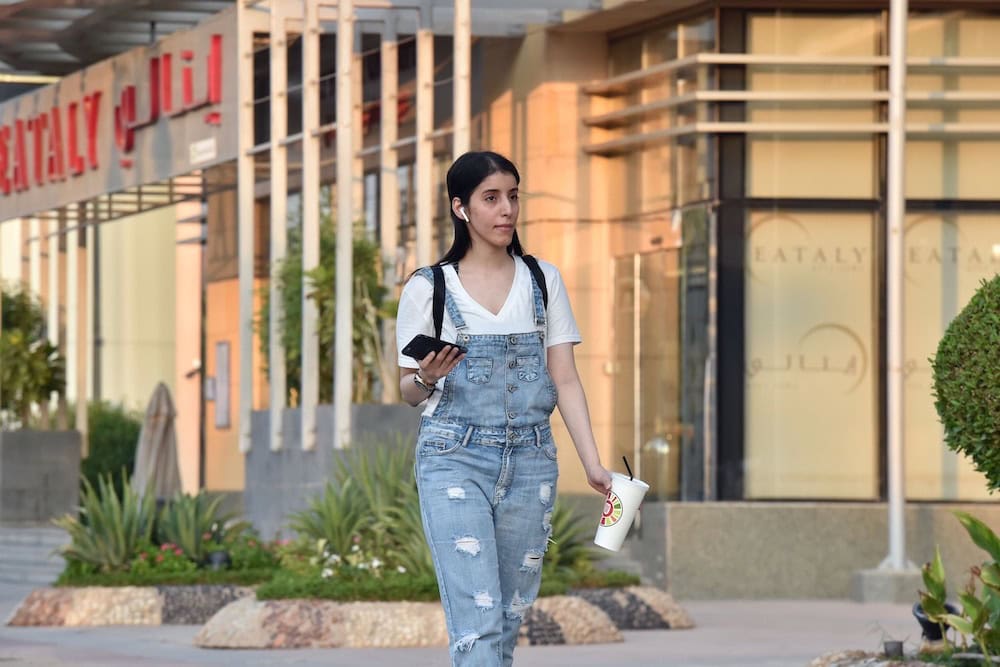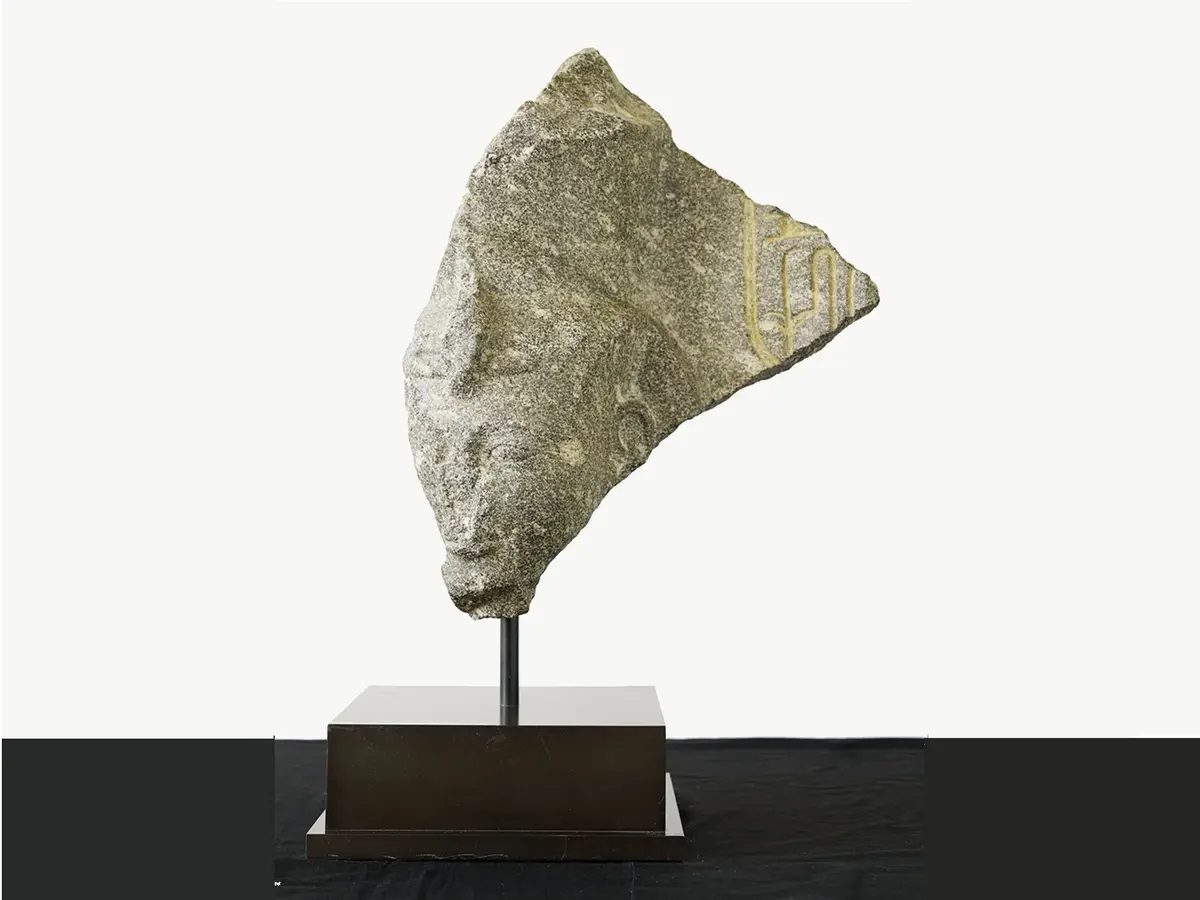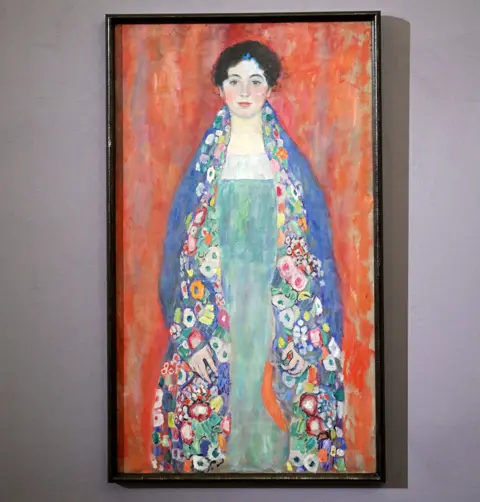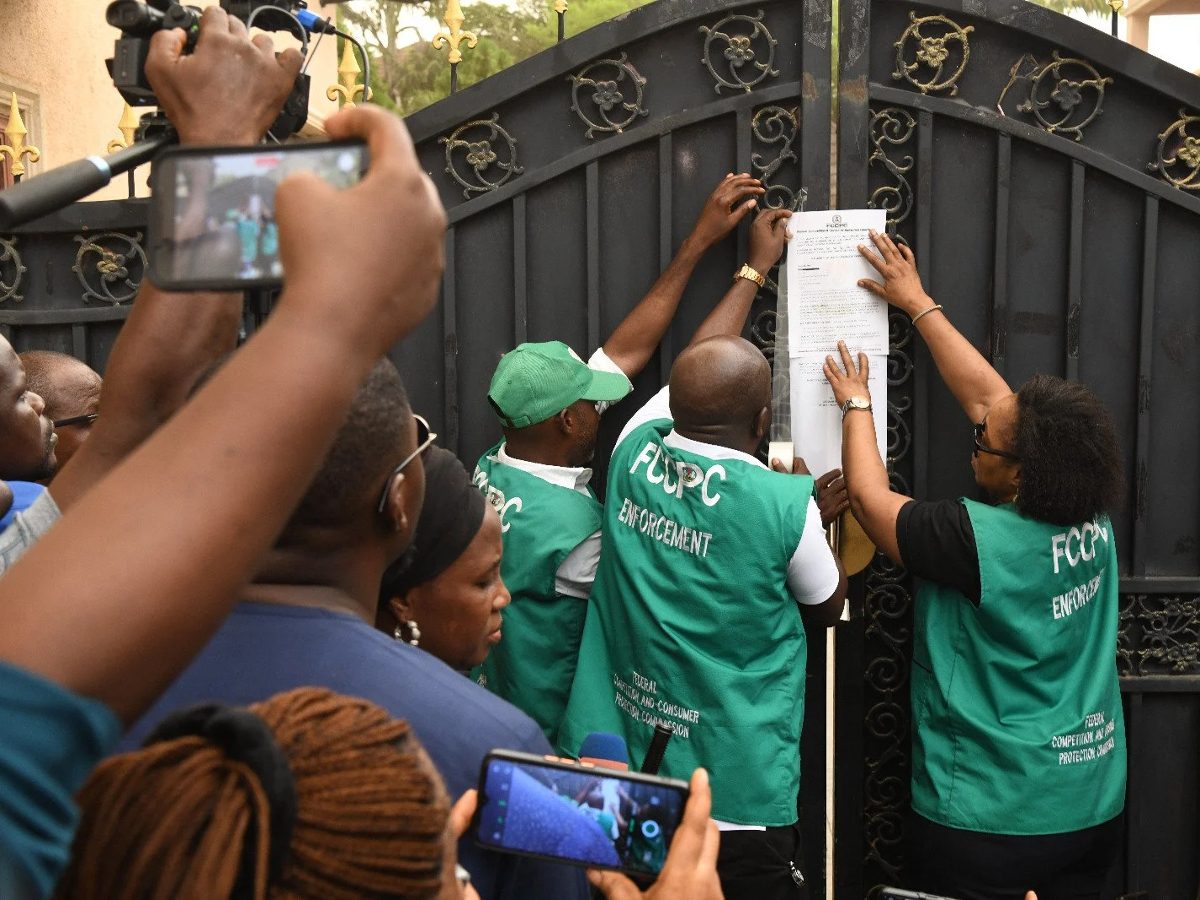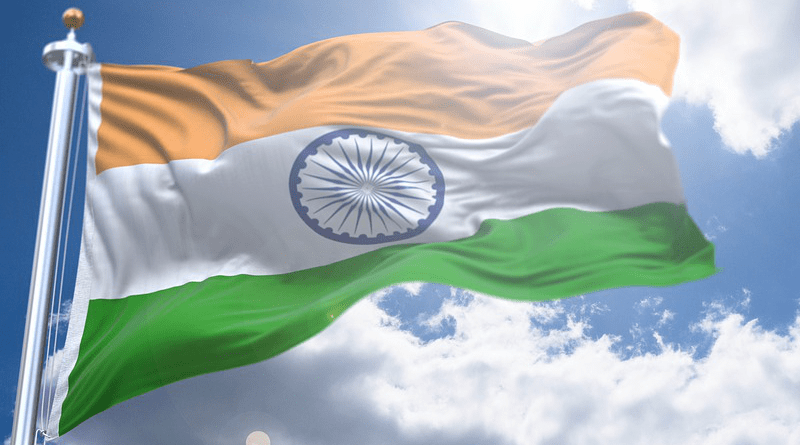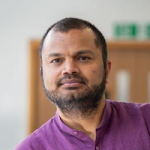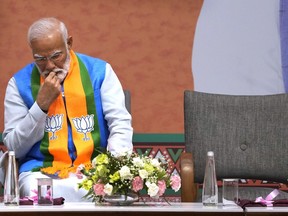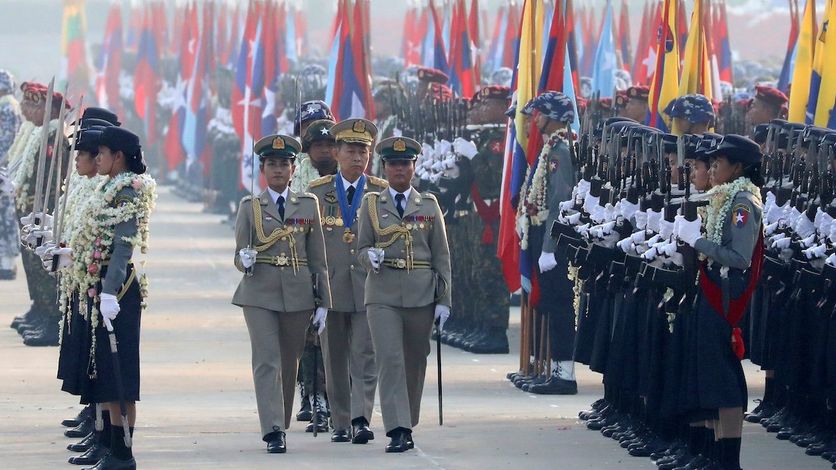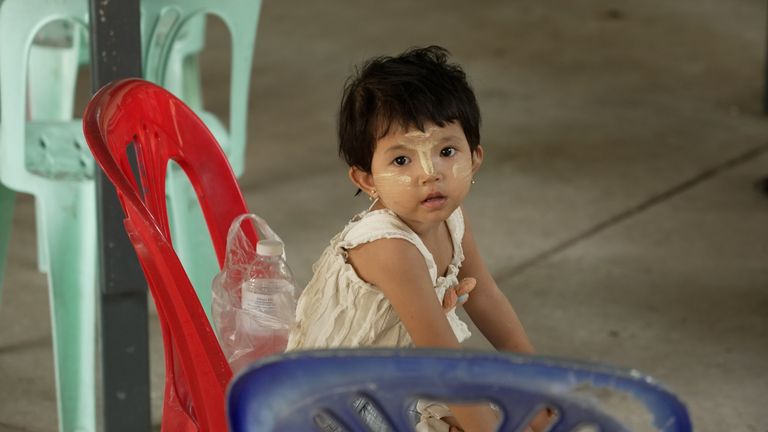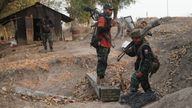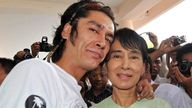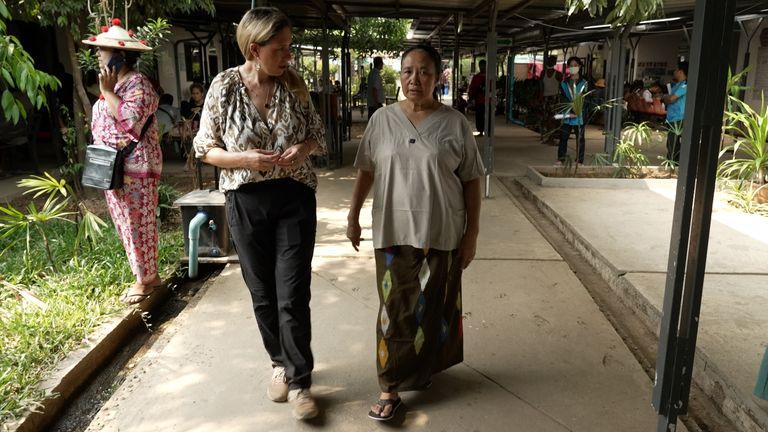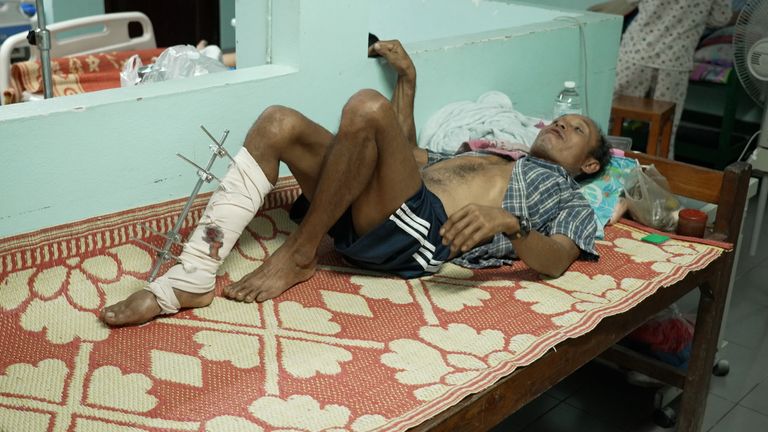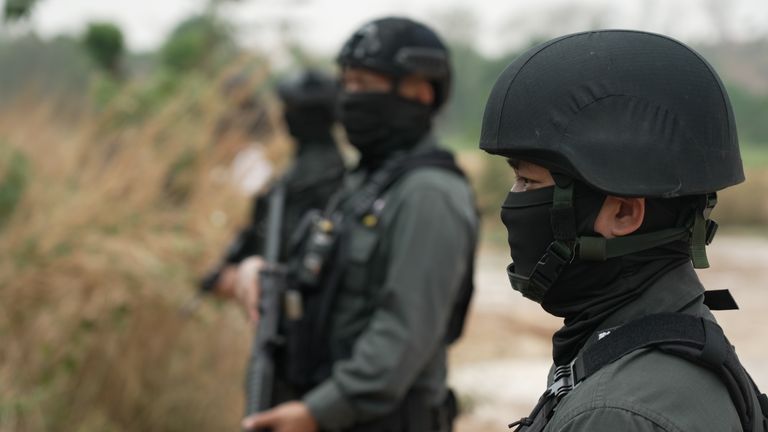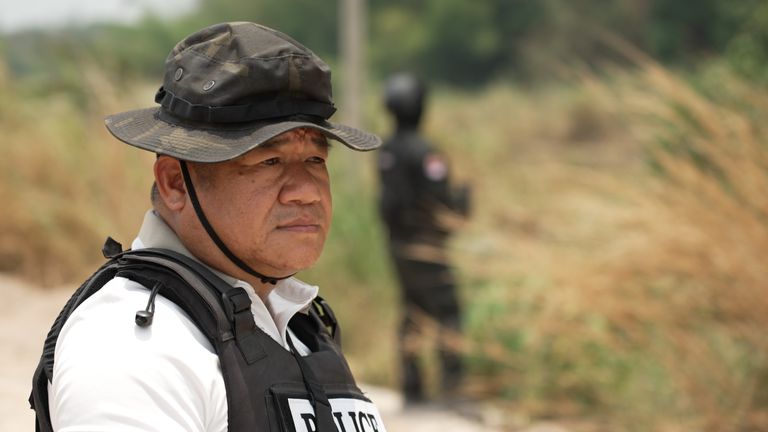Mr. Narendra Damodardas Modi, serving as the 14th Prime Minister of India, has successfully completed two terms in office and is now seeking re-election for a third term in the forthcoming 18th Lok Sabha elections. Widely recognised as a prominent figure in Hindutva politics, Modi is often viewed as the face of a political ideology marked by division and animosity. Throughout his tenure, Modi has been disseminating misleading information to sway public opinion in his favour. One of the most contentious aspects of his leadership has been his portrayal of Indian Muslims as outsiders or “intruders.” This rhetoric not only underscores his divisive approach but also exacerbates religious tensions, leading to increased polarisation and communal strife in the country. Such divisive tactics not only undermine the unity of India but also pose a threat to its secular fabric and citizenship rights.
Modi’s policies and governance have often been evident for marginalising minorities, lower castes, and the working classes. This marginalisation can be traced back to the core principles of the Bharatiya Janata Party (BJP), which is deeply influenced by the Rashtriya Swayamsevak Sangh (RSS), an organisation espousing a racist Eurocentric ideology. The RSS’s emphasis on cultural nationalism and its hierarchical view of society have shaped the BJP’s approach, leading to policies that often neglect the rights and welfare of marginalised communities.
Modi’s past remarks about Indian Muslims, first likening them to “puppies” and now branding them as “intruders,” offer a telling insight into the nature of Hindutva politics rather than merely reflecting on Modi’s personal beliefs. These comments indicate a troubling tendency to overlook and undermine the secular and inclusive principles that are at the heart of India’s Constitution.
Indian Muslims have been an integral part of the country’s fabric, actively participating in its democratic processes and contributing significantly to its growth and progress. They have made invaluable contributions across various fields such as social work, science, education, history, culture, religion, language, and literature. Their role in India’s anti-colonial struggles and nation-building efforts has been substantial, often involving sacrifices that have helped shape the nation’s identity, ethos and destiny. Hindutva political forces collaborated with British colonialism in their aim to create a Hindu Rashtra. In contrast, anti-colonial Muslim leaders not only participated and sacrificed their lives but also helped shape India’s secular and scientific ethos as a modern constitutional democracy.
By branding Indian Muslims as “intruders,” Mr. Modi not only undermines the sanctity of the Indian Constitution but also negates the rich tapestry of contributions that Muslims have made to India’s diverse heritage. Such rhetoric not only threatens to erode the concept of Indian citizenship but also perpetuates a divisive narrative that undermines national unity. Moreover, Modi’s statements are deeply offensive to all Indians who uphold the principles of equality, secularism, and the rights enshrined in the Constitution. Modi and his Hindutva forces send a message that contradicts the inclusive vision of India as a pluralistic society where every citizen, regardless of their religious or cultural background, has an equal stake and contribution to make in the deepening of Indian democracy. Muslims are as much shareholders of Indian democracy as any other citizens of India.
In essence, Mr. Modi’s remarks reflect a broader Hindutva challenge to India’s foundational values and principles. The Hindutva ideology is a foreign import that has intruded into the fabric of Indian politics, society, and culture. While claiming to represent authentic Indian values, its ethnonationalistic tendencies and focus on religious and ethnic identity have more in common with European ideologies than with India’s rich and diverse history, society, and culture. Rather than drawing from India’s pluralistic traditions and composite culture, Hindutva’s roots can be traced back to European concepts of ethnonationalism, religious nationalism and racialised democracy. This imported ideology of Hindutva politics has sought to redefine Indian pluralistic identity in narrow, exclusionary terms, often at the expense of religious and cultural minorities.
Historically, there are parallels between Hindutva and the ideologies that emerged in Europe during the early 20th century. One of the most striking comparisons can be drawn with Nazi Germany, where ethnonationalism and religious intolerance were central tenets of the regime. The ideology of Adolf Hitler, with its emphasis on racial purity, scapegoating of minorities, and use of fear and hatred to mobilise the masses, seems to provide a blueprint for Hindutva political practices in India. In both cases, fear and hatred are employed as powerful tools to manipulate public opinion and garner electoral support. The Hindutva ideology can be seen as a true intruder in Indian politics, society, and culture, drawing inspiration from European ethnonationalism rather than India’s own rich traditions. Its reliance on fear, hatred, and divisive tactics undermines the principles of secularism, pluralism, and unity that are integral to India’s democratic ethos.
By stoking communal tensions and promoting a divisive agenda, Hindutva politicians seek to consolidate their power base and rally support among certain segments of the population. This approach not only undermines India’s secular and democratic principles but also threatens to unravel the country’s social fabric by fostering mistrust and animosity among its diverse communities. It’s crucial to recognise that such divisive ideologies are antithetical to the pluralistic ethos that has been a hallmark of Indian civilisation for centuries. India’s strength lies in its diversity, and any attempt to impose a monolithic vision of identity runs counter to the country’s democratic values and inclusive heritage.
The tactics employed by Hindutva politics, including its anti-Muslim propaganda and diversionary strategies, serve multiple purposes for its proponents. First, these tactics serve to distract from the ideological shortcomings and lack of substantive policy achievements within the Hindutva framework. By focusing public attention on divisive issues and fostering communal tensions, Hindutva leaders like Mr Modi can deflect scrutiny from their governance failures and policy inadequacies. Secondly, by creating a climate of fear and suspicion, Hindutva politics seeks to consolidate its voter base by appealing to religious and ethnic identities. This strategy aims to rally support among certain segments of the population by portraying minorities, particularly Muslims, as the ‘other’ or as threats to national identity and security.
However, in the long run, such divisive politics by Hindutva forces have detrimental effects on both India and its people. Firstly, it undermines the social fabric of the country by fostering mistrust and animosity among its diverse communities. India’s strength has always been its pluralistic ethos, which celebrates its rich cultural, linguistic, and religious diversity. Hindutva’s divisive agenda threatens to erode this diversity by promoting a narrow and exclusionary vision of Indian identity. Secondly, the focus on divisive issues and religious polarisation detracts from addressing the real challenges facing the country, such as economic development, social inequality, and progressive governance reforms. By prioritising dominant identity politics over issues that affect the daily lives of ordinary citizens, Hindutva politics hampers India’s progress and development. Lastly, the international perception of India as a secular and democratic nation is also at risk due to Hindutva’s divisive agenda.
Therefore, Hindutva politics may offer short-term electoral gains by exploiting religious and ethnic divisions, its long-term consequences are detrimental to India’s unity, progress, and international standing. By prioritising divisive tactics over inclusive governance, Hindutva weakens the fabric of Indian society and undermines the democratic values that are integral to India’s identity. Mr. Modi’s bid for a third term is a continuation of his divisive Hindutva politics, characterised by misinformation, religious polarisation, and marginalisation of vulnerable groups. His leadership style and policies reflect the broader ideological framework of the BJP, influenced by the RSS’s racist Eurocentric worldview, which prioritises certain segments of society at the expense of others.
The 18th Lok Sabha elections in India present an opportunity to mend the fractured republic led by the Hindutva figurehead, Modi. The crisis facing Indian democracy under Hindutva politics highlights the urgent need for political transformation to uphold the principles of secularism and inclusivity that are fundamental to India’s democratic values. Instead of employing divisive tactics that marginalise communities based on religion or ethnicity, it’s crucial to nurture unity. It is time to defeat Modi, BJP, and RSS to steer India away from a destructive path politically, socially, culturally, religiously, and economically. Progress and prosperity in India depend on secular solidarity.
